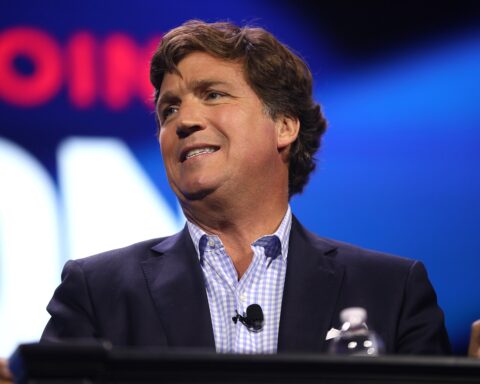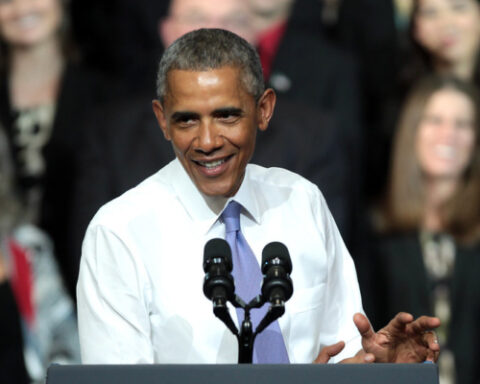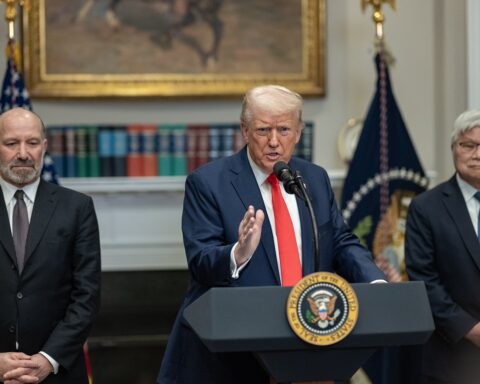In a sharp public split among conservative commentators, Tucker Carlson, the former Fox News host, reportedly questioned why his one-time colleague Mark Levin appeared to be defending the Justice Department’s handling of the Jeffrey Epstein case, accusing him of “covering for Epstein.”
The feud played out this week on Carlson’s independently produced show, where he turned his attention toward Levin, a conservative radio host and former Fox News figure. “Why is Mark Levin covering for Epstein?” Carlson demanded, his voice rising as he challenged Levin’s stance on recent Justice Department findings.
The exchange signaled a deepening rift within conservative media over the complex legacy of Epstein and the broader fight over institutional trust.
Carlson, long a leading voice of populist conservatism, has made the Epstein revelations central to his critique of federal authorities.
He has consistently pressed for deeper disclosures—dubbed the promised “Epstein client list”—and portrayed any deviation from that narrative as capitulation to the “rotten establishment.”
Levin, by contrast, has taken a more measured tone. Following the release of a DOJ memo stating that no additional evidence of a blackmail network was found, Levin defended the department’s due process and dismissed what he described as premature conspiratorial leaps. He has urged conservatives to accept verifiable conclusions rather than fueling speculation.
Carlson condemned this position as a betrayal of their shared political base. He suggested the feud is emblematic of a broader struggle within MAGA circles—between those demanding radical transparency and others advocating the opposite.
“I’ve always respected Levin for his intellect and legal acumen,” Carlson said, “but this—this feels like he’s putting establishment loyalty ahead of the truth.”
Levin, who hosts a nationally syndicated radio show, has not responded directly to Carlson’s barbs. In past comments, he has argued that continuous public demands for unsubstantiated revelations undermine the integrity of legitimate investigations.
The clash highlights an increasingly public struggle within right-of-center media. Carlson’s emergence as a rogue critic has often put him at odds with figures who prefer a traditional conservative approach grounded in institutional preservation.
The issue also transcends personalities. At its core lies a fundamental question for the conservative movement: should it continue pushing hard for transparency whenever federal agencies are implicated, or should it adhere to conventional deference when official findings are released?
Some analysts see Carlson’s attack on Levin as part of a broader trend: populist factions rejecting establishment-aligned commentary across the political spectrum.
For observers, the dispute is a test case in how conservative media will define its relationship with American institutions—whether through relentless skepticism or procedural trust.
As the Epstein story continues to reverberate, Carlson’s provocation of Levin underscores that any resolution within conservative media will require reconciling demands for accountability with more conventional attitudes towards secrecy.
[READ MORE: Trump Imposes 25% Tariff on South Korea and Japan]














